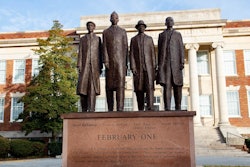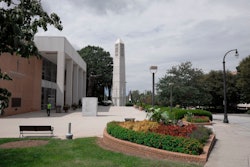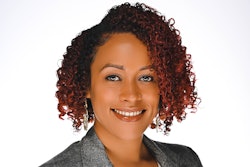Shaped by student interest as well as the need to keep curriculum relevant, colleges and universities are increasingly developing social justice programs to address pressing issues in contemporary society.
Who would be interested in social justice studies? According to the Eastern Kentucky University (EKU) website, students of all backgrounds might be. There is curriculum for students who want to deepen their knowledge on subjects such as poverty, civil rights, climate change, corporate power, education, healthcare, LGBTQ equality, mass incarceration, police power, racism, inequality and numerous other pressing issues of the day.
“Our students come to the program often already very aware of injustice and inequality and craving the political analysis, historical context and social science research and theory in which to situate and understand them,” says Dr. Judah Schept, associate professor in the School of Justice Studies at EKU. “They all hope to use their studies to make important social change — through law and policy, direct service or organizing, writing and research, art and design, etc.”
The Arizona State University (ASU) School of Social Transformation (SST) takes an interdisciplinary and intersectional approach to bring together diverse scholars, students and communities in an effort to find innovative solutions for local, national and international issues. Founded in 2009, there are approximately 1,500 students in the undergraduate and graduate programs, including 30 doctoral students pursuing a Ph.D. in justice studies. More than 13,000 ASU students take SST courses.
“SST is the scholarly nexus of academia and activism,” says Dr. Pardis Mahdavi, director of SST. “I have always been guided by what I call the ‘five I’s.’ These are inclusion, interdisciplinarity, intersectionality, intentionality and innovation. When I learned about SST I was struck by how all five of these are present and lived at this school daily. It was also amazing to learn about a school where 70% of the faculty identify as faculty of color, and this matches our students as well.”
Programming
EKU launched its B.S. program in social justice studies in 2015. Cohorts vary in size from year to year with a high of 10 to a low of four. Schept says that faculty develop classes that introduce students to a wide array of social problems, while also pushing them to see how these issues are deeply connected.





















